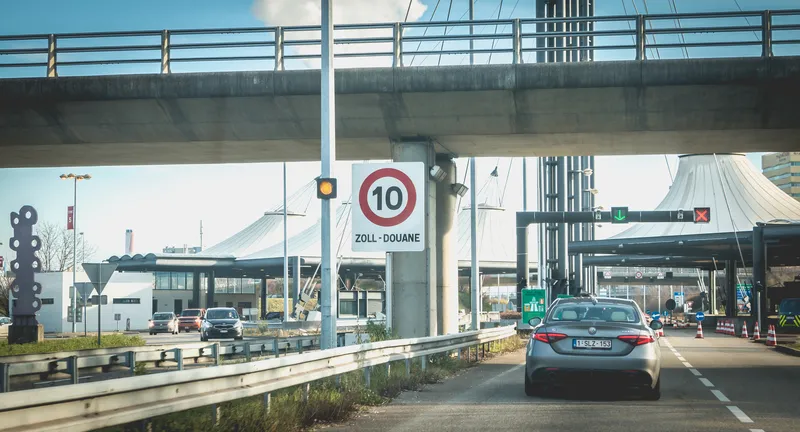
Kapsch TrafficCom has won a €74.5m deal to supply a vehicle detection system for the Swiss Federal Office for Customs and Border Security (BAZG).
It is to enforce the performance-based heavy vehicle charge (above 3.5 tonnes), a federal levy that depends on total weight, emission level and kilometres driven in Switzerland and Liechtenstein.
Kapsch will be responsible for video sensors on 375 lanes at 89 locations of Swiss border crossings, along with 313 lanes at 90 locations on other Swiss roads - plus the system technology for 28 mobile detection units.
Major rebuilding is required at 74 road network locations, and there will be a new computer centre at the Swiss Federal Office of Information Technology.
Kapsch's contract also includes a maintenance and operating agreement until at least the end of 2032.
"We are making an important contribution together with BAZG to the management of road infrastructure in one of Europe's most important transit countries," says Carolin Treichl, EVP for Europe, the Middle East and Africa at Kapsch TrafficCom.
The system will register licence plates and vehicle classes and identify owners at precise locations and times, to ensure the correct tolling of heavy goods traffic on Swiss roads.
The system can also be used for other vehicle-related control by other executive bodies of the Swiss Confederation.









